#public history
Text
youtube
New video! Ridley Scott has been talking shit about historians. Here is my response.
110 notes
·
View notes
Text
like okay
history professionals in educational settings should not be going “oh my GOD the Victorians wore HUMAN HAIR in their jewelry!!! can you BELIEVE???” in tones of utter disgust
if your audience comes away with the impression that historical people were weird gross aliens we cannot possibly understand or relate to, you have failed
#history#dress history#fashion history#victorian#public history#history education#if you personally are grossed out by human hair I'm sorry but. your job is not to editorialize#your job is to teach people about the past#THEY didn't see it that way#and your job is to make your audience understand what something- in this case hairwork -meant in its historical context
716 notes
·
View notes
Text
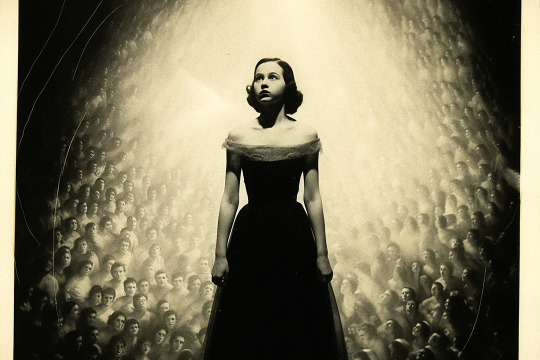
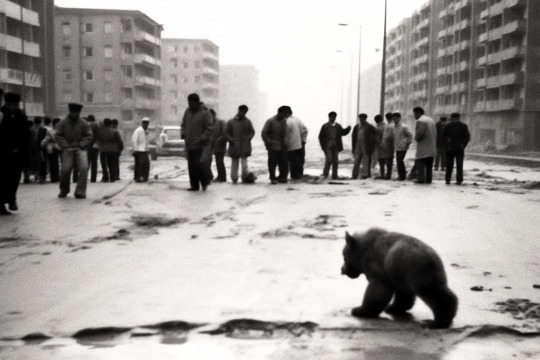
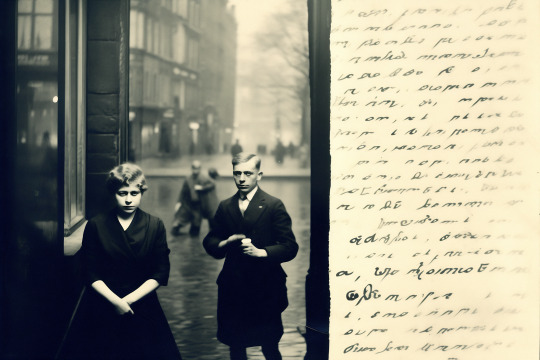


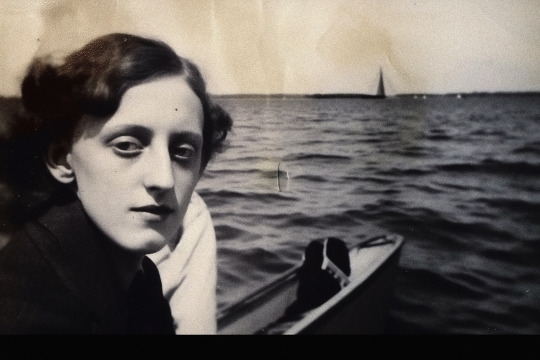
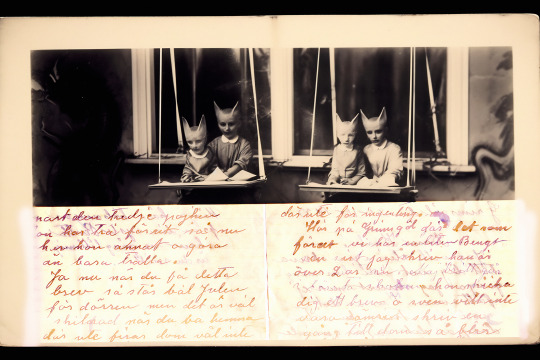
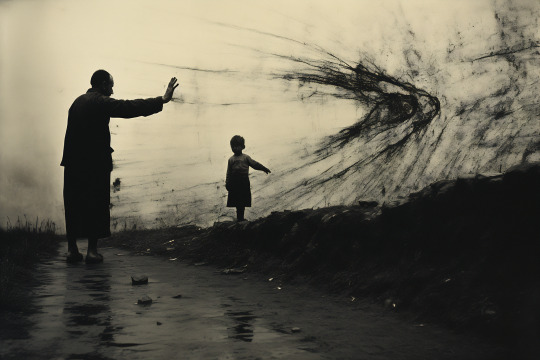
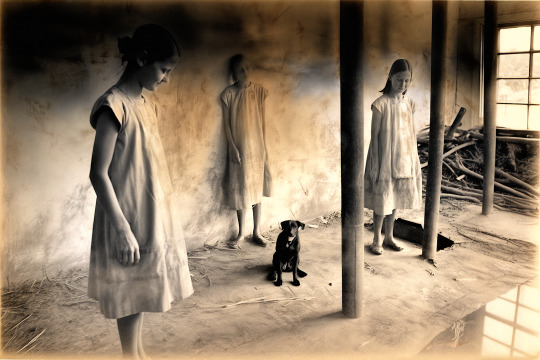
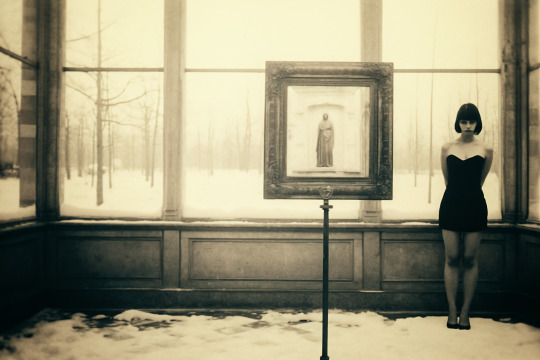
Collective memories
You may have come across Semioticapocalypse, a blog I started—frightening to consider how long ago it was, — that became essentially the origin of the «Collective Memories» (CM). Both Semioticapocalypse and the CM project emerged primarily from my longstanding love for black-and-white photography, which later evolved into an interest in its history and theory. Secondly, thу new enterprise owes much to the staggering and mesmerizing impact that the Cambrian explosion in the world of generative models has had (and continues to have) on me, particularly when it comes to diffusion models, generating images visual or textual inputs as well as from various combinations of thereof.
The term "collective memory" denotes the aggregate of memories, knowledge, and data that a social group holds, which is intrinsically linked to the group's identity. The term "collective memory" in English and its French counterpart "la mémoire collective" emerged in the latter half of the 19th century. Maurice Halbwachs, a philosopher and sociologist, further developed this concept in his 1925 work, «Les cadres sociaux de la mémoire» (eng. text). Both expansive and intimate social collectives can create, disseminate, and inherit collective memory.
Contrary to the term "collective memory," which is somewhat ambiguously defined yet generally accepted, the notion of "collective memories" is inherently problematic. Memories are the results of the individual acts of recollection, making the idea of "collective memories" paradoxical. Сontemporary diffusion models utilize vast amounts of often unidentified data, including historical and personal old photographs, vintage postcards, and other kinds of publicly circulating images. These models may be seen as involved in the prompts-driven singular acts of remembrance, producing images that paradoxically represent "collective memories," something otherwise unfeasible and ultimately, non-existent.
The visual works published here and elsewhere on this blog were created using Midjourney. Each of them comes as the result of finding optimal (for lack of a better world) combined text/image prompt through exhaustive search a. k. a. generate-and-test method; the process is apparently as labor-intensive as it is time-consuming. The major part of the works belongs within the "Collective Memories" framework. In addition to visuals there will be eventually / hopefully a p2p publication or two.
Past works that align with the CM project in terms of both concept and style, even if not published as such, can be found on Behance. Then there's Instagram (crowв there is kind of thin but I'm set on daily updates). Last but not least, there are sporadic posts on Facebook, in designated groups only, — primarily 'MJ Official' (weekly or so) and another nice one here (occasionally). In case you would like (for whatever reason) to buy NFT or two, it can be arranged via Makers Place: drop me a line.
#midjourney#ai#ai art#ai generated#generative#generative art#retro style#neurophotography#promptography#disturbing#weird#hybrids#collective memories#memory studies#surreal#public history#vintage style
102 notes
·
View notes
Note
Hi. I'm doing a digital history project for school, examining the Extra History youtube channel's merits as a tool for history engagement with broader public audiences. Basically, what we as historians can learn from and use in the public/educational field. I'm looking at their John Brown series as a case study of sorts. My question is, what do you think, as a historian, about Extra History and channels like them as models for teaching/engagement tools?
(For the purposes of full disclosure, I should say that I did sign up for their Patreon in order to get to vote on and suggest future topics.) Extra History isn't perfect - as with a lot of popular history, they have a tendency to focus on the "history of the awesome," and there's the inescapable gravity of military history - but they are pretty good by the standards of the industry.

I like that they do social, cultural, women's history, the history of race and the history of science as well as your more standard political/military fare, and that they try to moderate Eurocentrism and Americentrism with a balanced diet of Asian, African, Middle Eastern, and Latin American history. Finally, I think it's good that they do a "Lies" segment where they talk about the research they've done and the difficulties of balancing telling an engaging narrative with strict accuracy.
25 notes
·
View notes
Text
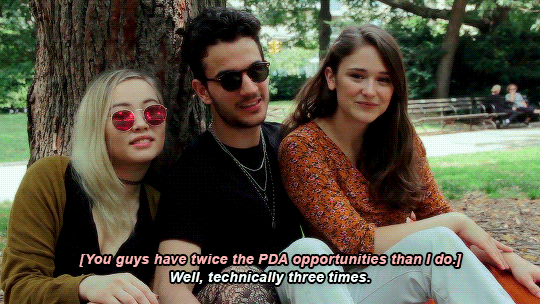

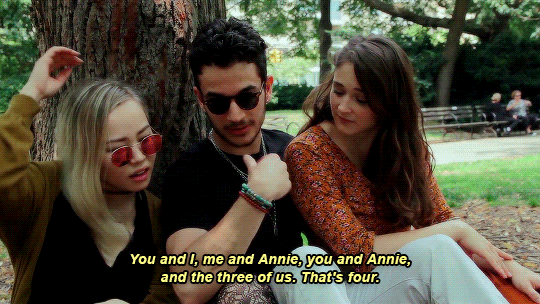
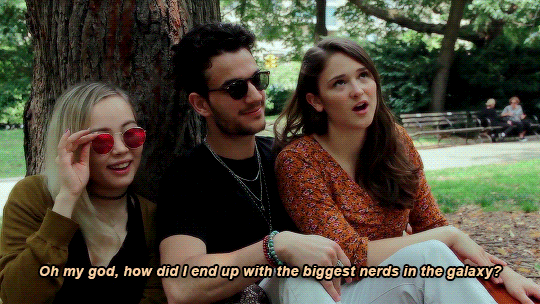
Hellooo, love birds!
You're one to talk.
Public History S2E35
inspired by this post from @thebibliosphere
#public history#phdtc#annie markham#jack maldonado#val strong#polyamoryedit#canon polyam#polyamoryinfandoms#*#sorry if you didnt want to be tagged but it was super cool to see someone else express like EXACTLY what i was thinking#when i wrote the annie/jack/val dynamic#ot3
33 notes
·
View notes
Text

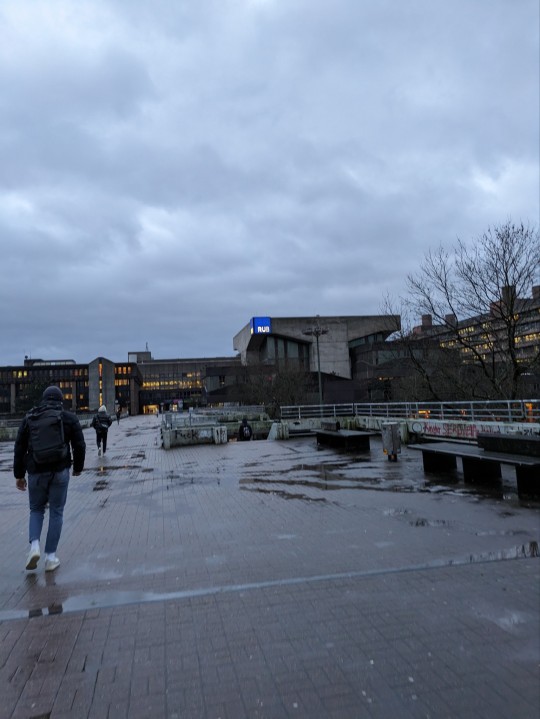
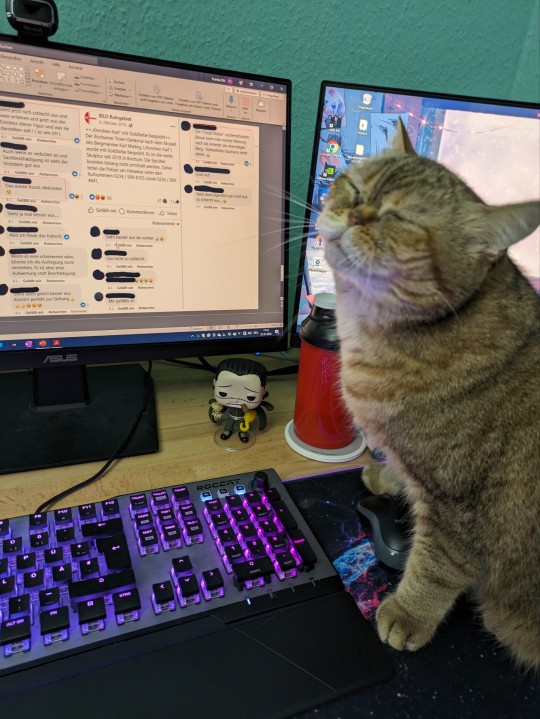



This semester I absolutely sucked at keeping this blog updated, although I regularly took pictures of what I was doing, so get some snippets of this semester!
With the best study buddies: my cat and Sir Crocodile.
Also not my professor asking if our generation still knows Harry Potter. I was mildly offended...
Mixed with some free time: Korean BBQ and some Baldur's Gate 3 with my beloved Karlach
#studyblr#study#study blog#studying#ambience#student life#university#german university#history#history student#public history#one piece#sir crocodile#cute cats#cats#cats of tumblr#baldur's gate 3#bg3#karlach#korean bbq#free time#harry potter#alraune#wlw#bisexual#elf
17 notes
·
View notes
Text


2,500 words later & my Saturday is a success. Now time to relax
#phd life#gradblr#grad school#studyblr#grad student#history student#grad life#phd student#public history#phdblr#history#hphd2b30#academia#historyblr#dissertation#history phd#studyspo#books
75 notes
·
View notes
Photo




am I too late for this meme.
#twelfth grade or whatever#public history#the uncanny upshurs#viola messing#david t copperfield#wally upshur#agatha upshur#liv belcik
28 notes
·
View notes
Conversation
What I imagine English grad majors do: *read classics, debate philosophy, live out their dark academia dreams*
What I do as a public history grad student: *Crtl + F a section of The Twelve Caesars to see how many times Suetonius uses some variation of 'it is said' as a source*
#suetonius is gonna catch these hands#my source is that i made it the fuck up#ancient historians#ancient rome#public history#history#grad school#english#college#dark academia#academia#rome
23 notes
·
View notes
Photo



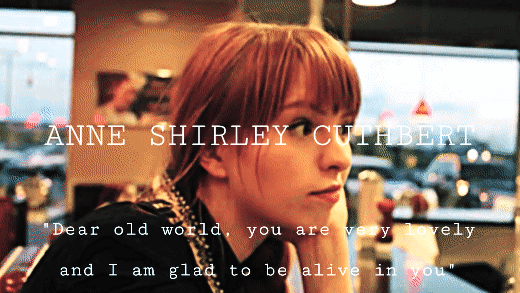

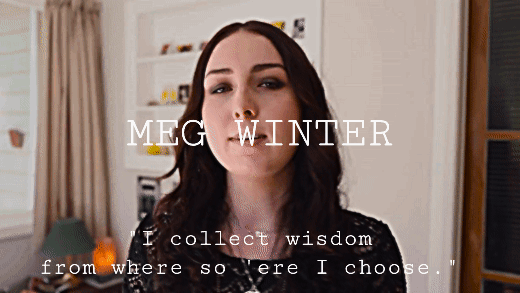

WEB SERIES MEME - seven female characters:
VARIOUS SERIES - LOVELY LITTLE LOSERS, GREEN GABLES FABLES, THE AUTOBIOGRAPHY OF JANE EYRE, THE LIZZIE BENNETT DIARIES, NOTHING MUCH TO DO, PUBLIC HISTORY, PROJECT GREEN GABLES
#lovely little losers#Green Gables Fables#public history#project green gables#the lizzie bennet diaries#Nothing much to do#the autobiography of jane eyre#*mine#gifs#gif#literary inspired webseries#literary webseries#i love all of these characters
127 notes
·
View notes
Text
History by Hancock
I’m always attracted to mid-century messaging; advertising seems to explode around that time and much of it reflects contemporary society, for better or worse. I came across some “historical” ads by John Hancock Insurance a couple of years ago, and since then have been assembling a small “collections”. These full-page ads ran in national magazines from the 1940s to the early 1960s, and while they…
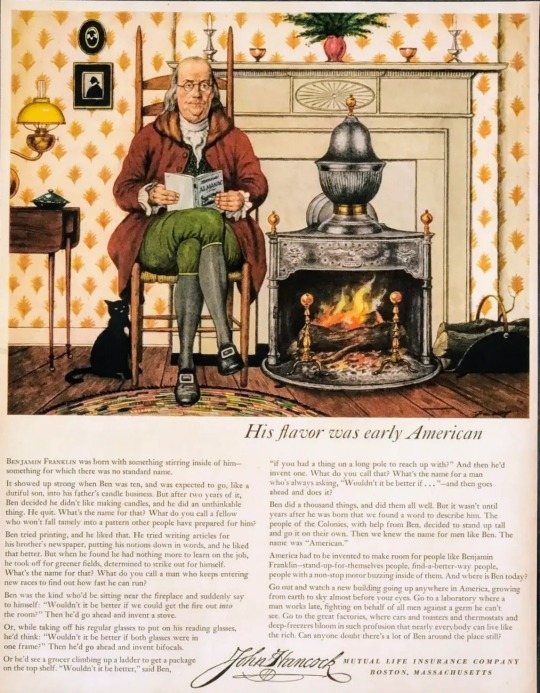
View On WordPress
4 notes
·
View notes
Text
Looking for blogs to follow focused on
History
Early-Modern England
English History
Irish History
Public History
Museums
Conservation Work
Anthropology
#Help a masters student out#history#eary modern england#english history#irish history#public history#museum#museums#conservation#anthropology#curators#museum curators#museum curator
5 notes
·
View notes
Quote
As suggested by the biographical and bibliographical portrait above, central to the growth of David’s expertise as a public historian and Holocaust researcher during these years was his position as a consultant to the All Party Parliamentary War Crimes Group (1987-1991) and his role as Principal Researcher on the resultant ‘Report on the Entry of Nazi Criminals and Collaborators into the UK, 1945–1950’.[17] This report responded to allegations by the Simon Wiesenthal Centre in the 1980s that Allied countries such as the USA, Canada, Australia and Britain had permitted former Nazi collaborators to evade justice and settle and work in these countries after the war. Using documents from the UK Public Records Office (National Archives), the Report confirmed that Nazi collaborators from countries such as Latvia and the Ukraine had been able to settle in the UK after 1945. This led to the establishment of an official Home Office Inquiry, with the subsequent Hetherington-Chalmers Report (July 1989), recommending that three men resident in the UK should face criminal prosecution, while a further seventy-five should be subjected to further investigation.18 The historical reasons why these men were allowed to settle in Britain, which included Britain’s postwar labour shortages and need for Cold War spies, were explored in greater depth in David’s book, Justice Delayed: How Britain became a Refuge for Nazi War Criminals (1992).
Larissa Allwork and Rachel Pistol (eds.) - The Jews, the Holocaust, and the Public: The Legacies of David Cesarani (2019)
2 notes
·
View notes
Note
What according to you are examples of historical films that got it right (not completely accurate, but say about more than 60%...i.e. above average accuracy)?
The Battle of Algiers is probably the gold standard here: they shot on location where the events had actually happened, they used a cast of primarily non-professional actors who had been eyewitnesses and participants in the events, they consulted with their actors extensively during film-making to make it as close to the real events as they could, and the film has sequences drawn from news footage and documentaries.
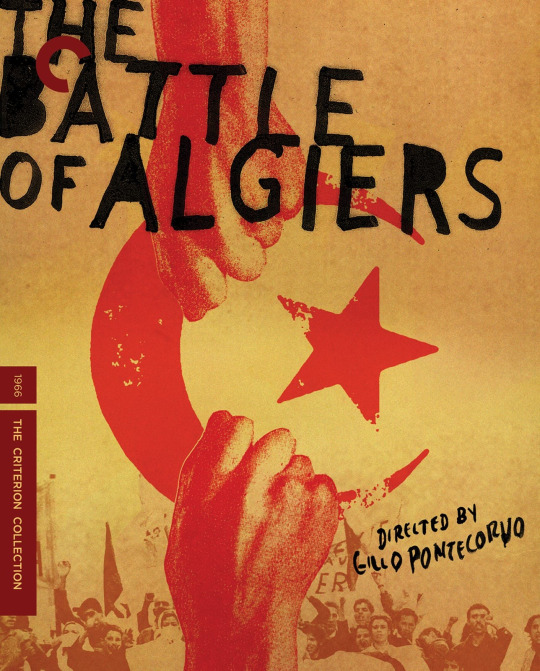
Similarly, for his film Bloody Sunday, Paul Greengrass cast survivors and relatives of the marchers to re-enact the Derry civil rights protest and ex-servicemen (many of whom who had served in Northern Ireland) as soldiers, and the script drew heavily from eyewitness accounts and the public records of the then-ongoing Saville Inquiry, which has helped the film stand up to quite a bit of criticism from conservative politicians in the U.K.
30 notes
·
View notes
Photo
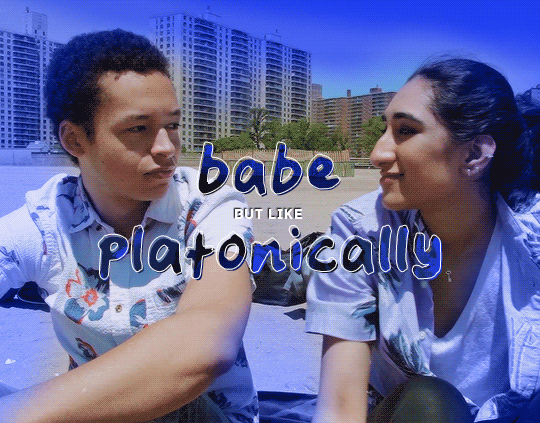
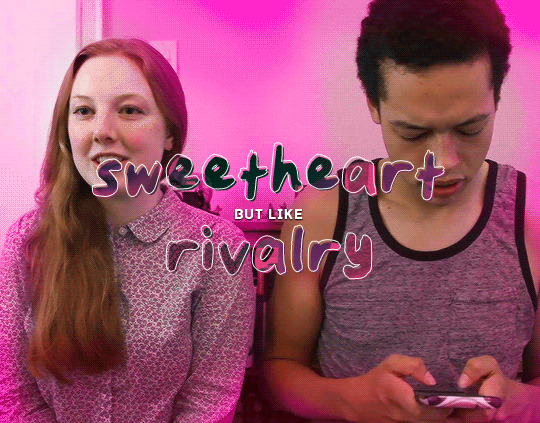
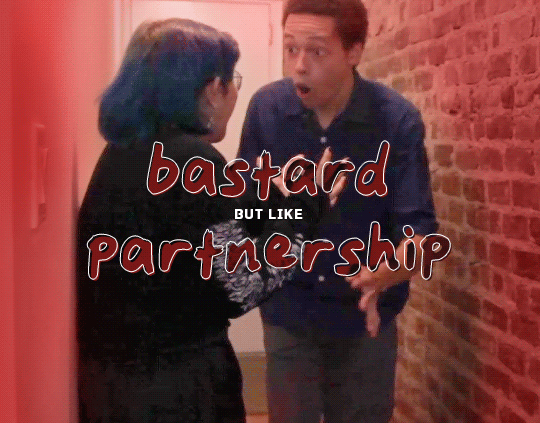



inspired by (x)
#public history#phdtc#david copperfield#emily khalil#rosa dartle#mariah heep#asher wickens#tommy traddles#jason steerforth#asher x david#david x jason#*#back on my bullshit of making gifsets of my own web series lol
22 notes
·
View notes
Text
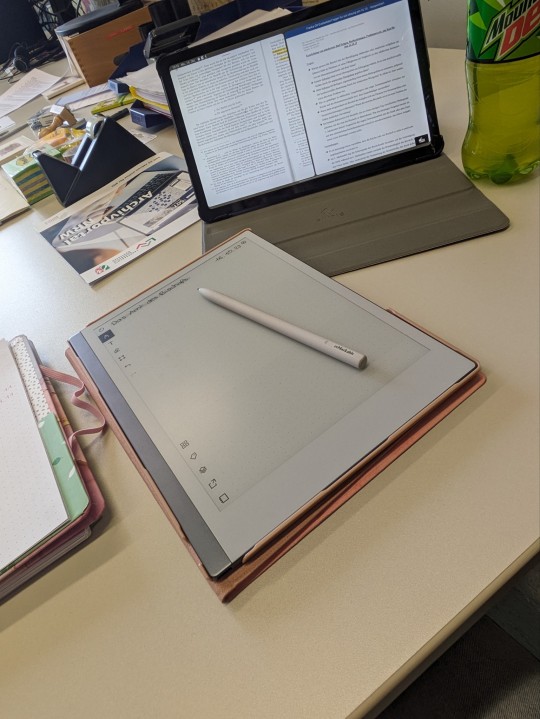
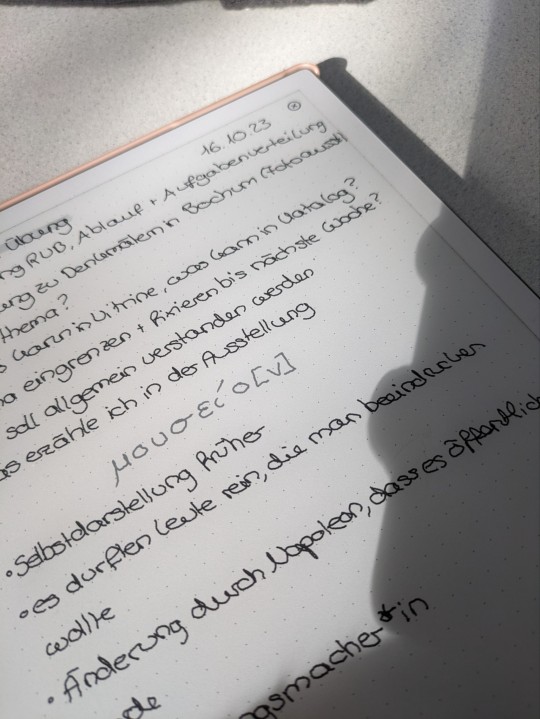

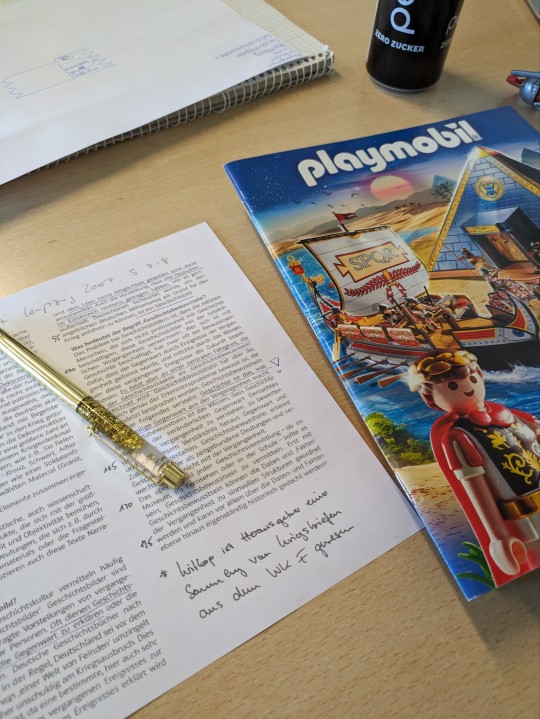

[16. - 17.10.23]
Public History
Ruhr-Universität Bochum
#studyblr#study#study blog#studying#ambience#university#german university#history#history student#study aesthetic#public history#history studies#studies#remarkable#museum
14 notes
·
View notes